
Wastewater Treatment and its Benefits
Water used by residences and commercial/industrial establishments that have become too polluted for further use is called Wastewater. In this article, you will get to know the details about the wastewater treatment process. And also, it will cover the benefits of using wastewater treatment processes.
With water shortages plaguing the world, water scarcity has become one of the most significant threats facing society today, making it one of the UN’s main millennium development goals. Therefore governments have begun to develop new projects and technologies to mitigate its effects on the world. Such projects and technologies include rainwater harvesting, water location transfers, desalination, and wastewater treatment.
If an excess of nutrients (such as nitrogen and phosphorus) are released into the environment in untreated water, it can foul natural ecosystems and disrupt aquatic life. If it is not cleaned correctly, water can carry disease. Since we live, work and play so close to water, harmful bacteria have to be removed to make water safe. When discharged in large quantities, it can raise the temperature of receiving streams locally and disrupt the natural balance of aquatic life. The acidity or alkalinity of Wastewater affects both treatment and the environment.
The earth, the air, the land, and the water are not an inheritance from our forefathers but on loan from our children. So we have to hand it over to them at least as it was handed over to us.- Mahatma Gandhi
Installation of the wastewater treatment process in every sector is now mandatory, according to the guidelines of the Pollution Control Board. In the primary stage, Wastewater is passed through a primary sedimentation tank where solid particles of organic material are removed by gravity settling at the bottom of the tank. The resultant primary sludge is then going to the center of the tank, where it is concentrated and pumped away for further treatment. The Wastewater then undergoes a biological process known as the activated sludge process, which uses naturally occurring microorganisms to break down dissolved and suspended organic solids.
Benefits of Wastewater Treatment:
The wastewater treatment process provides reusable water and has the potential to produce various other benefits. Following are more detailed explanations of the benefits of wastewater treatment:
Waste Reduction
By treating Wastewater, the amount of waste usually released into the environment is reduced, thus improving the environment’s health. The government wants to reduce the health risks associated with environmental pollution and also due to water pollution.
Energy Production
The sludge collected during the treatment process contains a large amount of biodegradable material. It is treated with anaerobic bacteria in special fully enclosed digesters heated to 35 degrees Celsius, an area where these anaerobic microorganisms thrive without any oxygen. During this anaerobic digestion process, the gas contains methane, harvested, and then burned to generate electricity
Fertilizer Production
Any biodegradable material remaining is dried in “drying lagoons” and is then turned into natural fertilizer. The resulting natural fertilizer is then used in the agricultural sector, increasing crop yields. It decreases the use of chemical fertilizers that pollute the surrounding marine and surface ecosystems.
In summary, combining these benefits and water production makes wastewater treatment a sustainable short-term and long-term goal to the world’s water crisis, increasing as the world population increases. It is estimated that the world’s population is set to increase to 9 billion people, and this would cause an increase in the amount of water that can be treated. It will cause the production of large amounts of fresh, usable water, thus helping battle water scarcity.
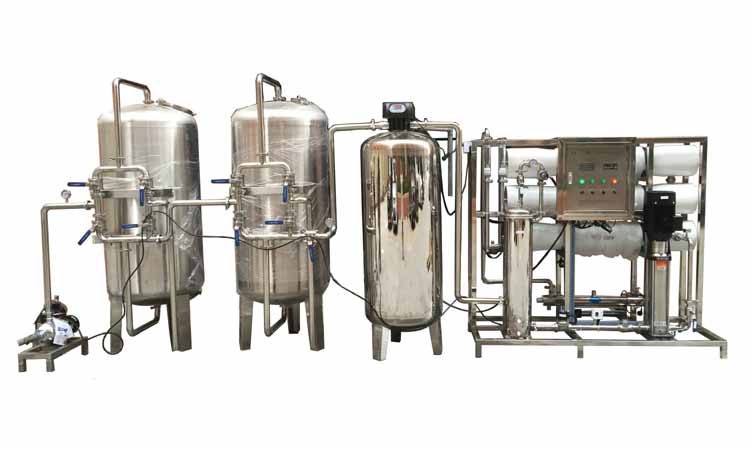
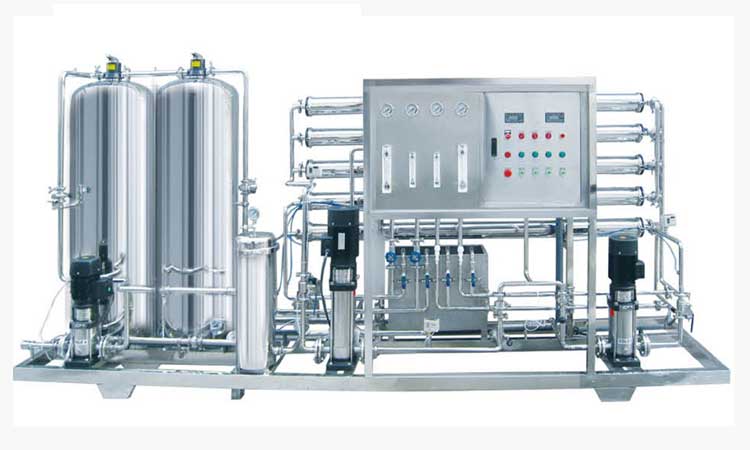
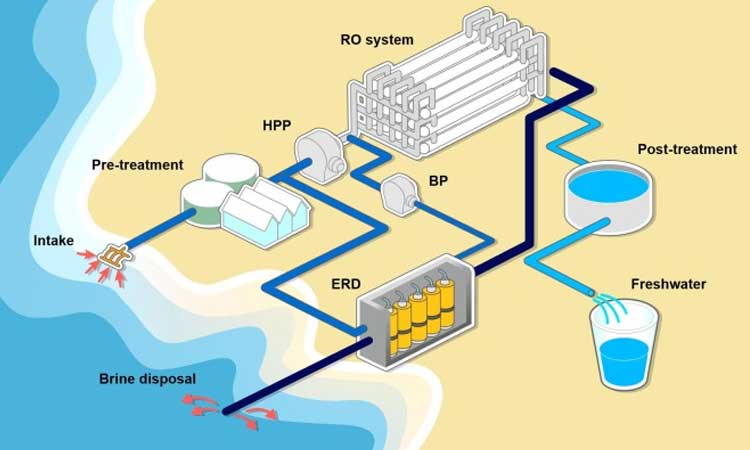
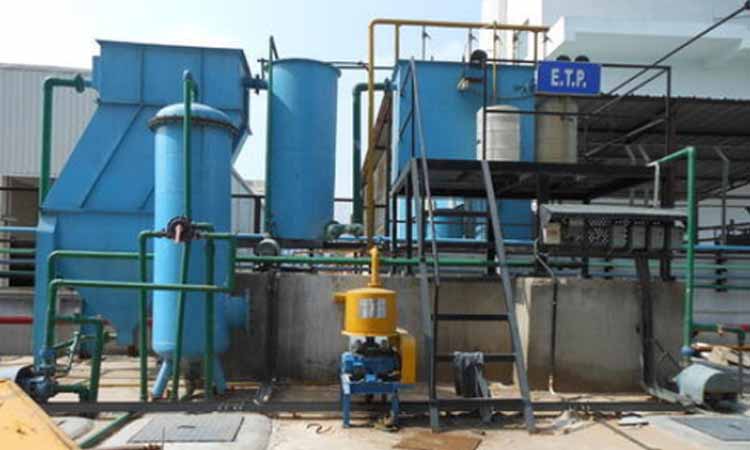
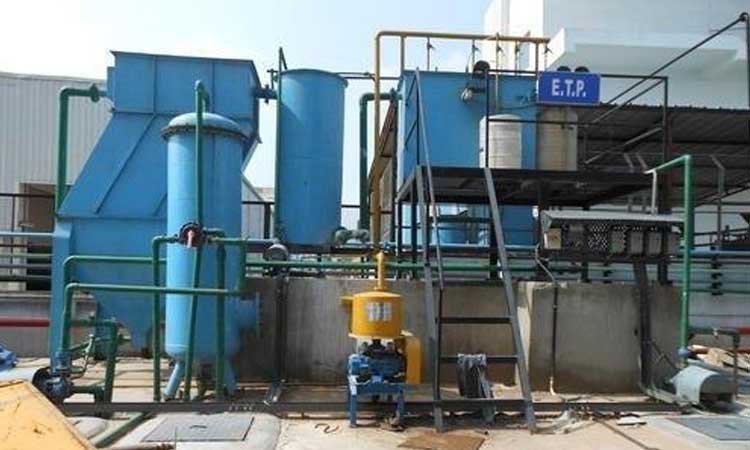
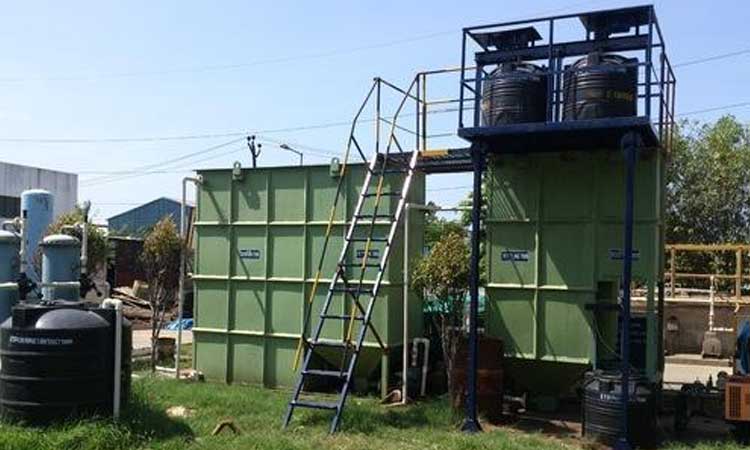
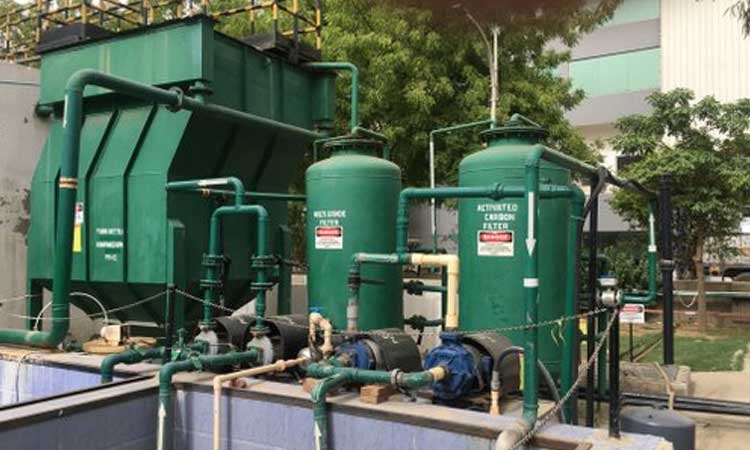

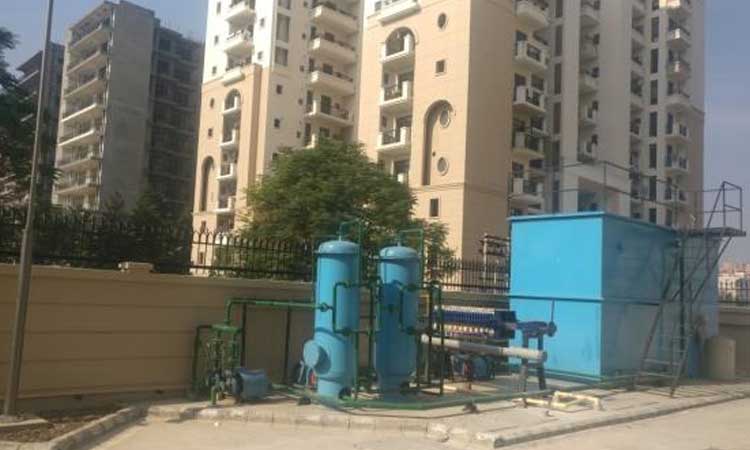
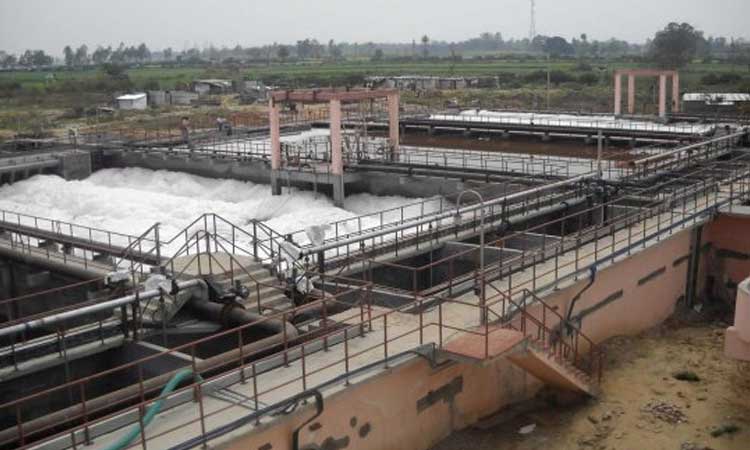
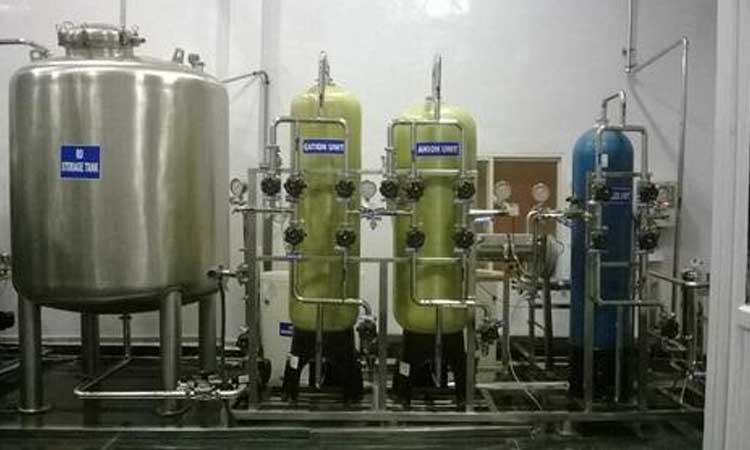

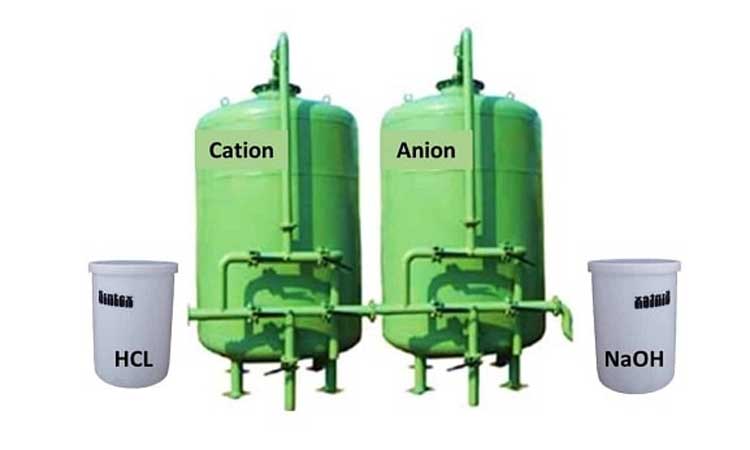

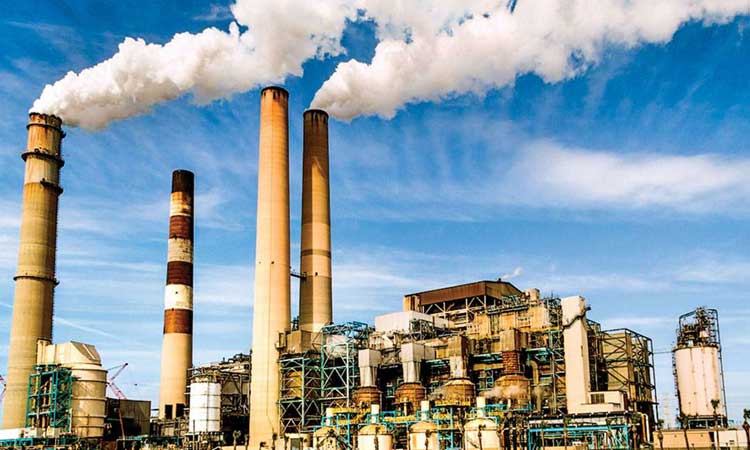
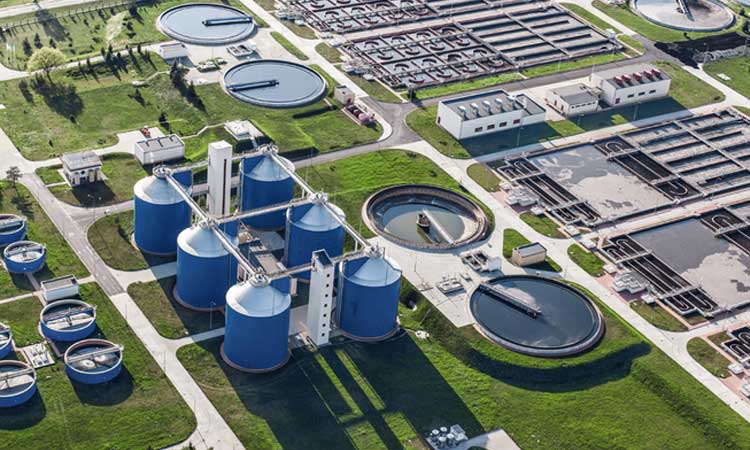


Comments
Wastewater consists mainly of three tanks:- sedimentation tank, filtration tank and chlorination tank.
Usually the main concerns of WWTP are: Removal of nutrients, Removal of organic matter and the Removal of bacteria/microorganisms/virus
Water treatment plant is a designed plant used to process raw source water to make it usable for drinking and other use. The design depends upon the usage.